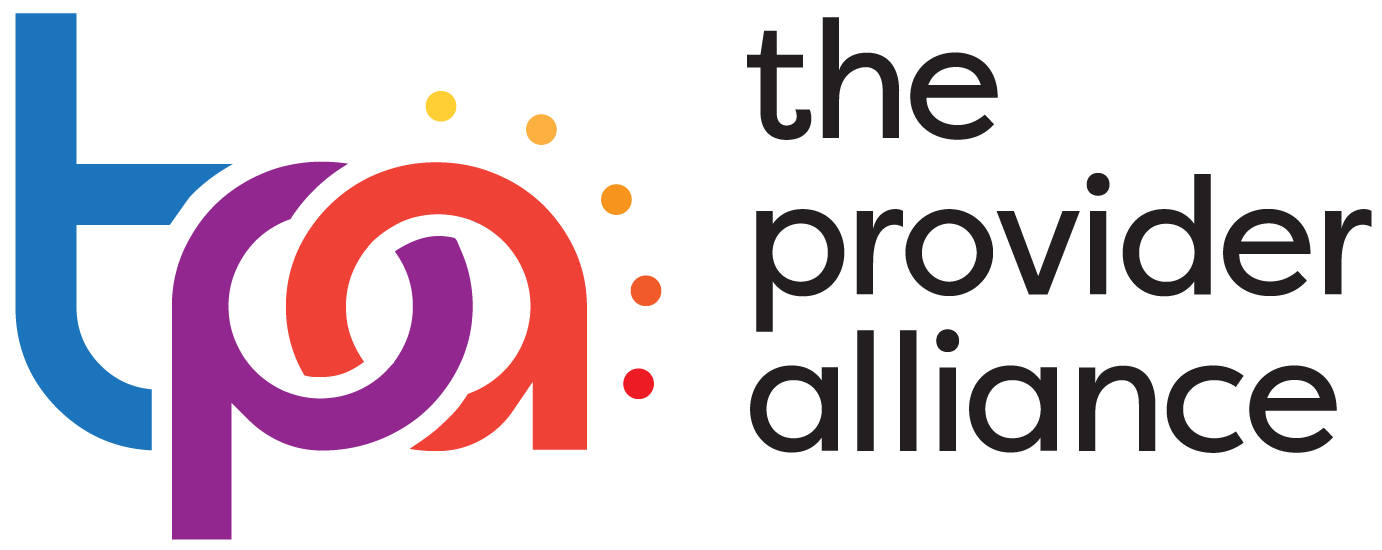This morning, the Editorial Board of the Pittsburgh Post-Gazette published the first in an occasional series about the crisis in Pennsylvania’s services for people with intellectual disabilities and autism.
Below is a text of the piece or you can access it directly on the Pittsburgh Post-Gazette Website here: The Least of These: A Hidden Crisis
********************
Pittsburgh Post-Gazette Editorial Board
First Published January 16, 2022, 6:00am
Sandi Shaffer lost her house because her daughter is disabled.
That sentence should make every politician in Pennsylvania sick. It represents a catastrophic failure of the commonwealth’s services for those with intellectual disabilities and autism (ID/ A) — services it is bound bylaw, not to mention basic human dignity, to provide.
The catastrophe is ongoing, and worsening every day.
According to the state, there are about 58,000 people with ID/ A currently receiving services from direct support professionals (DSPs) across Pennsylvania. Some of these people only require infrequent check-ins with their care providers, but others — about 12,000 — are getting intensive support in the day-to-day business of staying safe, clean and healthy.
But due to chronic underfunding, exacerbated by the coronavirus pandemic, 6,500 Pennsylvanians with ID/ A have lost services in the past 18months. And 12,000 are on a waiting list — an interminable queue from hell that seems, to families who are on it, like an elaborate and cruel joke.
Of those on that eternal list, 5,000 have an emergency need. But there are no DSPs to care for them.
That’s where Ms. Shaffer and her daughter, Kate, find themselves. Kate, who is non-verbal and requires 24/ 7 supervision, graduated from the Children’s Institute of Pittsburgh in 2017. She has been on a waiting list fora state-funded DSP for 16 years.
Ms. Shaffer lost her full-time job because she couldn’t be in two places — artwork and with her daughter — at once. She couldn’t keep up on her mortgage. She now rents in Westmoreland County, holds down two part-time jobs, cobbles together care for Kate during the hours she can’t be present and cares for Kate when she is present — all while also caring for her elderly mother.
This is a scandal. It is a violation of every principle of dignity and equality and justice that is written in law, and on the human heart.
Across the state, thousands of other families have been driven to despair and financial ruin by the state’s inability to provide the care their loved ones are entitled to.
ID/ A support providers and advocates are asking for an extra $136 million to be allotted for the state’s care system in Gov. Tom Wolf’s budget. That is an increase from $405 million to $541 million, and would be enough to stabilize the system. Due to federal matching funds, only $65 million would need to come from state dollars. They are also asking for pay equity between care workers at state institutions and community-based DSPs, who are paid far less, a topic we will take up in the next installment of this series.
In terms of Pennsylvania’s finances, $65 million is not a huge amount of money. It’s less than 0.2% of this year’s $40 billion budget, or 2.3% of the$2.8 billion “rainy day fund” socked away by the Republican-led Legislature. Further, the Wolf administration is projecting a substantial surplus this year.
The first obligation of a decent society is to care for those who cannot care for themselves. And so stabilizing Pennsylvania’s care system for those with intellectual disabilities and autism should be the first thing Mr. Wolf and the Legislature do with the funds at their disposal.
It’s the least they can do for the least of these, our brothers and sisters who depend on the care of others for their very lives.

